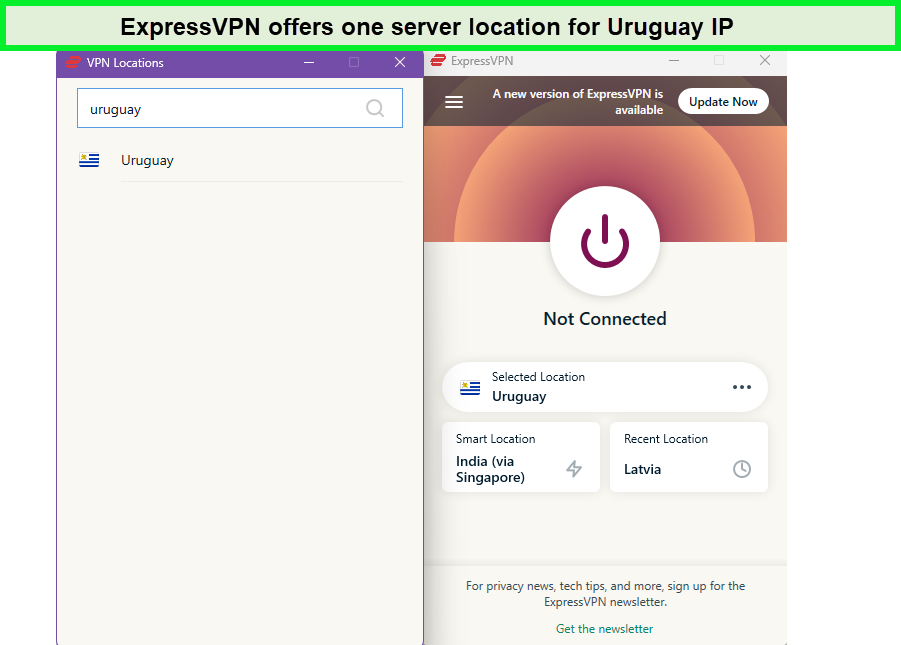

The VPN service even offers its own proprietary KeepSolid Wise protocol which serves to reroute private user traffic through the TCP 443 and UDP 33434 ports for an additional layer of online security.
#VPN UNLIMITED LOGGING WINDOWS#
When it comes to user security, KeepSolid VPN Unlimited provides a range of sophisticated security features and operates on first-rate VPN protocols including OpenVPN, L2TP, IKEv2, PPTP, and even the new open-source WireGuard protocol (on its Android, macOS, and Windows apps). KeepSolid VPN operates on secure protocols including OpenVPN, L2TP/IPsec, IKEv2, PPTP, and even WireGuard on its mobile, macOS, and Windows clients.

P2P sharing is supported, although only in 5 locations (Canada, France, Luxembourg, Romania, and the United States). However, these are located in more than 80 locations. The VPN offers a relatively small server network with just over 400 servers. The New York-based product is impressive and comes with a range of features rarely found elsewhere.
#VPN UNLIMITED LOGGING FREE#
It does come with a free trial, meaning that you can test the VPN service risk-free and ensure it offers all of the features and services you require before committing to a paid subscription plan. However, it is hindered by some management issues and there is room for improvement. That being said, the real question is how much do you trust your employer and your administrator to only do normal things.KeepSolid's VPN Unlimited product is fast, powerful, and comes at a relatively affordable price.

So except if you work in an uncommon country (China, Russia, and few others), or work for a special employer (national security agencies) it is unlikely that kits like that are installed on your work laptop. But scanning the activity on an external network would be an illegal attack.
#VPN UNLIMITED LOGGING FULL#
For security reasons, the administrator may log the full activity, have general indicators showing abnormal uses and in that case go deeper in the log analyzis. On most countries, the employer is only allowed to control what you do with their devices. The latter is easier but far less invasive: if you use a VPN, the attacker will only know what VPN you use, and will have to rely on heuristics to try to guess the actual activity. The former attack could have almost unlimited possibilities - in fact the limitation is just how secure is you home desktop. The laptop could host some attack kits that scan the other hosts on the network for possible vulnerabilities, or scan the network activity. What is technically possible from the work laptop. There are two underlying different questions here. The level of effort required to snoop effectively is generally a deterrent, and that doesn't even consider the possible legal and PR issues. Unless you have a specific reason to be suspicious of their intentions, you probably don't need to worry. However, these limited probes reveal very little (typically IP, OS, host name, and workgroup name). If your Windows machines are running default settings, there are some neighborhood discovery protocols that will touch the work machine, and incoming communications are often logged. In the end, it is extremely unlikely that they would see anything significant on your network. If your VPN traps that DNS query and resolves it over the VPN, then the name would not even be visible. I.e., your browser must resolve in order to load this page, and DNS resolution is typically handled by the OS. Depending on how your VPN handles DNS queries, they might be able to identify the domain. With browser-level VPN, they would be unable to see what you are browsing or downloading even in this extreme scenario. This is (a) extremely impractical, (b) unreliable, and (c) detectable. In a highly unlikely scenario, their system could run a rogue DHCP server that attempts to route all network traffic through their workstation by presenting itself as the network gateway. Windows devices in particular are noisy, and if your router and computers are configured for DHCP then they could find everything eventually. If they put their NIC into promiscuous mode, they could listen to any broadcast traffic on the network. Restrictive firewall rules may limit detection, but Windows was discoverable on the public profile by default the last time I checked-just the machine itself, though, not details like shares/applications/services. Active measures of this sort are (a) detectable and (b) highly uncommon on user workstations. They could scan your network and identify devices by IP and host name a good scanner will often identify OS as well. They would have very limited visibility even if they went out of their way to configure it on top of that, I would not expect them to do so.


 0 kommentar(er)
0 kommentar(er)
